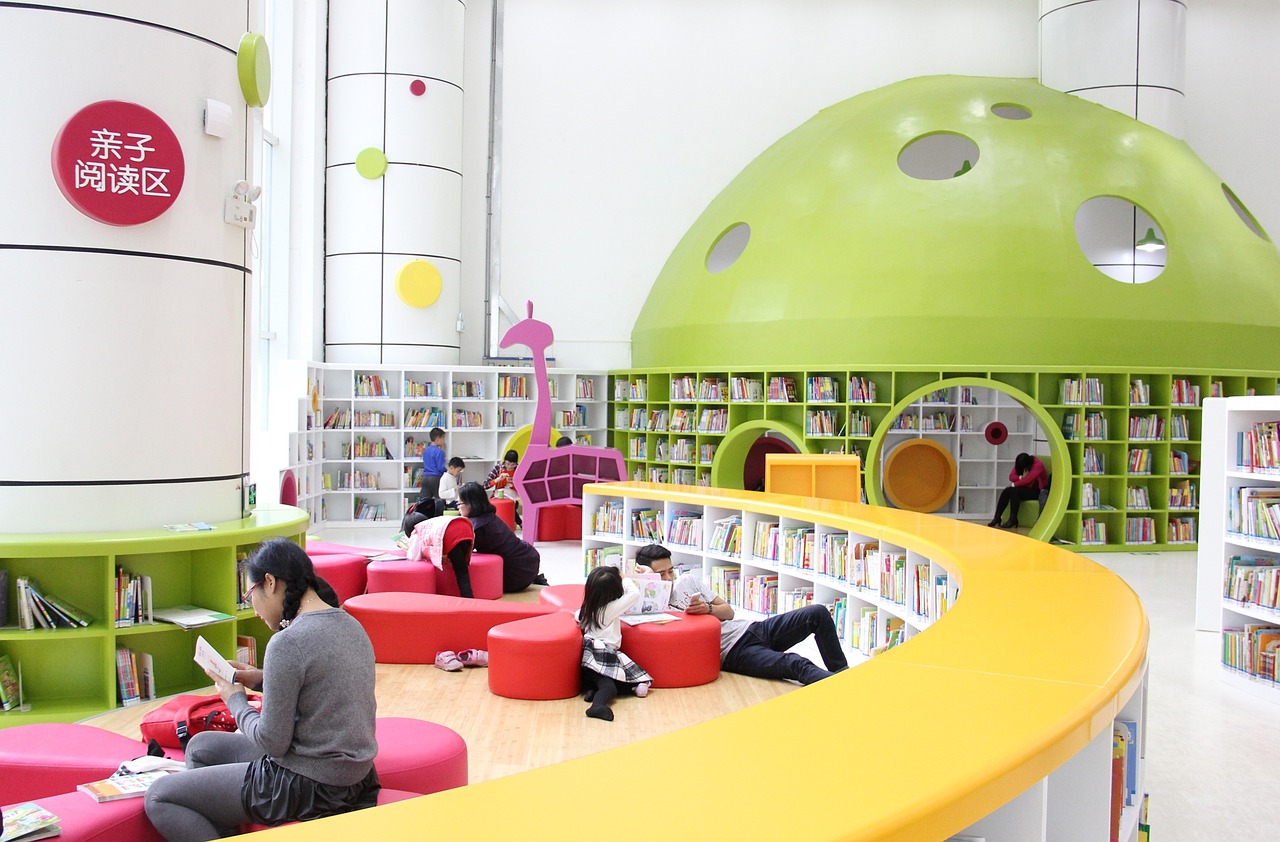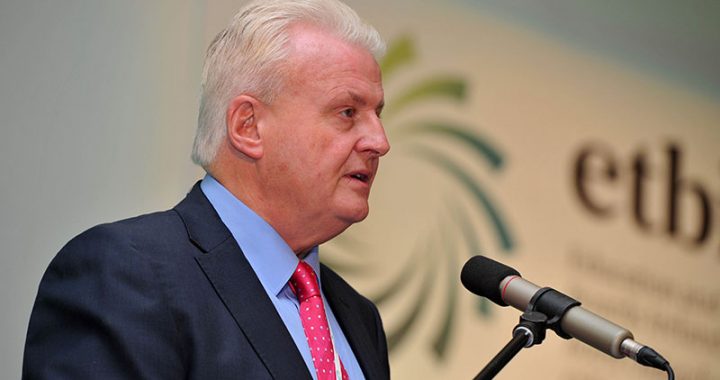
Wherever you live on this planet you cannot escape the fact that we all now live in a global village where people are connected by fast travel, mass media and rapidly advancing global communications.
We have instant news and instant access to information which brings us all closer together as we learn about each other. In my own lifetime my operational environment has transitioned from my local community to a national arena and to a European arena.
For the past few years I have had the honour of serving as the president of the European Federation of Education Employers ( EFEE). In that role I have visited many countries across Europe and I know that a good education system is valued as an essential and critical driver of social and economic change . Improving the quality of education systems is a strategic priority for all European Union countries.
Today, more than ever, education is a crucial predictor of a person’s quality of life. The world of work is changing with ever-increasing challenges which require higher education and training supports to meet higher expectations.
Education systems are being challenged to keep up with rapid social and economic change. Traditional classrooms cannot equip every child for their unique and unknown futures.

Schools of the future will be learning organisations and teachers will become more learning enablers than instructors as self-directed learning becomes the norm. Investment in education needs to see more investment in person-based learning with guidance at the heart of our education systems.
Learning will be more about individualised learning pathways where students will be far more equipped to assess their world critically, to seamlessly adjust to change and to apply a range of thinking skills to solve problems. These skills are ” living qualifications” which schools are currently trying to develop.
In a world of constant change, lifelong learning is a fact of life for us all. In my former well-staffed office I neglected my own skills development because I had younger skilled staff to undertake certain tasks for me.
Upon leaving that comfort zone to embark on a career as an author I had to spend weeks and months learning the full array of technical and IT skills to survive and thrive in this modern world. I now have real practical insights into the importance of lifelong learning!
As our working lives extend lifelong learning will be a core element of education in a world of constant change which requires us to learn new skills and to develop our capacity to adapt to the rapid pace of change.

We need to broaden our horizons when we talk about education and training. Both education and training are absolutely crucial for achieving sustainable development in knowledge-based economies. Education and training is also crucial for building functioning communities and citizenship.
Hopefully, a future which envisages an enhanced quality education for all citizens will lead to far more equity in terms of life choices for all generations . Education needs to equip all our young people with the survival skills to better themselves in a world of constant change. Geography,social status and family wealth has advantaged some communities so education and training must target those caught in cycles of disadvantage.
Good education systems seek to promote equity by narrowing the gap between high and low achievers or between the advantaged and disadvantaged . Values -based education has equity, access and opportunity for all as core objectives.

In a social context education must continue to foster social cohesion and social inclusion. We need to respect cultural diversity and oppose cultural fragmentation. In these matters education and training can be unifying factors for promoting active citizenship and social cohesion.
Innovation and entrepreneurship are at the heart of good education systems where students’ critical thinking skills have been nurtured. Digital technology now challenges the way education is delivered. Trying to match the skills of students with the rapidly changing needs of the economy is a significant current challenge for policy makers , educators and trainers.

Today, we need a transformative approach to education and training in a world which is dominated by smartphones, computers and rapid innovation in technology, communication and automation. Education needs to keep opening up to new technologies if we are to continue to grow and enhance relevant education systems capable of serving the best interests of community and economy.
We all need to be committed to the ongoing development of high-performing education systems which equip our students and young people to complete globally in a rapidly changing world. That is why there is now a benchmark spend of 5% of GDP for education and training across all European Union member states.
Public investment in education and training leads to long-term economic growth, increased productivity , social improvements and enhanced educational benefits. Education can have profound transformational impact across all of society. Future generations will thank us for prioritising education expenditure as a vital investment in society.
The final word goes to American human rights activist, Malcolm X; Education is the passport to the future, for tomorrow belongs to those who prepare for it today.
www.michaelmoriarty.ie Every Leader’s Reality Guide

